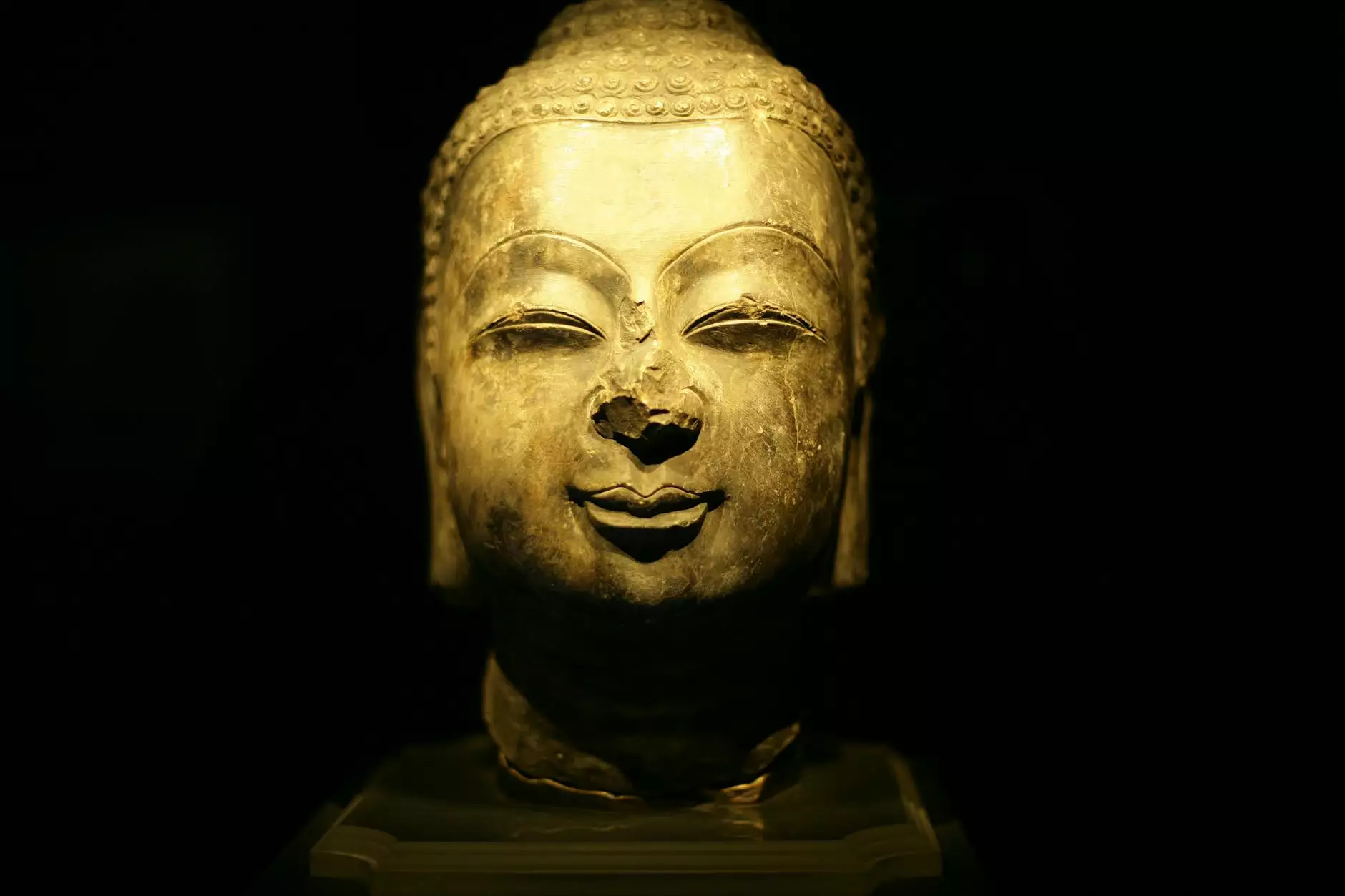THCA Flowers: Unlocking the Benefits of This Unique Cannabinoid

THCA flowers represent an innovative and fascinating aspect of the cannabis plant, capturing the interest of both medicinal users and enthusiasts alike. As the cannabis industry continues to evolve, understanding the properties and advantages of THCA (tetrahydrocannabinolic acid) can provide invaluable insights for consumers navigating this vibrant market. In this comprehensive guide, we will explore everything you need to know about THCA flowers, including their therapeutic benefits, the science behind their effects, and the offerings from Venera Factory, a leader in the cannabis collective and medical cannabis referrals.
What are THCA Flowers?
THCA flowers are the raw, unheated parts of the cannabis plant that contain tetrahydrocannabinolic acid. Unlike its more famous counterpart, THC (tetrahydrocannabinol), THCA is non-psychoactive, meaning it does not produce the “high” typically associated with cannabis consumption. This property makes THCA flowers particularly appealing for those seeking the therapeutic benefits of cannabis without the intoxicating effects.
The Botanical Background of THCA
THCA is one of over a hundred cannabinoids found in cannabis plants. It is produced as a precursor to THC and is formed in the trichomes of the cannabis flowers. When cannabis is heated through smoking, vaping, or cooking, THCA undergoes decarboxylation, converting it into THC, which possesses psychoactive properties.
The Chemical Structure of THCA
THCA features a carboxylic acid group in its molecular structure, which differentiates it from THC. This acid group is responsible for preventing THCA from crossing the blood-brain barrier, thereby rendering it non-psychoactive. Scientific research highlights the importance of understanding these chemical components in developing effective and safe cannabis products.
Benefits of THCA Flowers
Consumers are increasingly turning to THCA flowers for various health benefits. The therapeutic advantages of THCA are becoming more recognized as research uncovers its potential. Here are some of the benefits associated with this unique cannabinoid:
- Anti-Inflammatory Properties: THCA has shown potential in reducing inflammation, making it beneficial for individuals suffering from chronic inflammatory diseases.
- Neuroprotective Effects: Initial studies suggest that THCA may support neuroprotection, potentially benefiting those with neurodegenerative conditions.
- Nausea Relief: Many users report that THCA helps alleviate symptoms of nausea, making it helpful for those undergoing treatments such as chemotherapy.
- Appetite Stimulation: THCA may also aid in stimulating appetite, an essential benefit for patients dealing with appetite loss due to medical conditions.
- Potential Antioxidant Attributes: Antioxidants help combat oxidative stress in the body, and early research suggests THCA may hold antioxidant capacity.
How to Consume THCA Flowers
Understanding how to properly consume THCA flowers is essential for maximizing their benefits. Here are various methods of consumption:
Raw Consumption
One of the simplest methods is to consume the THCA flowers raw. This means chewing or incorporating the flowers into smoothies, salads, or juices to retain the THCA without converting it to THC through heat.
Juicing
Juicing cannabis can be an excellent way to gain the nutrients and benefits of raw THCA. This method allows for easy digestion and absorption of the beneficial compounds found in the flowers.
Tinctures and Oils
Some companies offer tinctures or oils made from THCA, which provide a simple and potent way to consume the cannabinoid. These products can be taken sublingually for quick absorption.
Understanding the Legality of THCA Flowers
As the cannabis landscape continues to change, understanding the legality surrounding THCA flowers is essential. In many regions, cannabis products that contain low levels of psychoactive THC (









